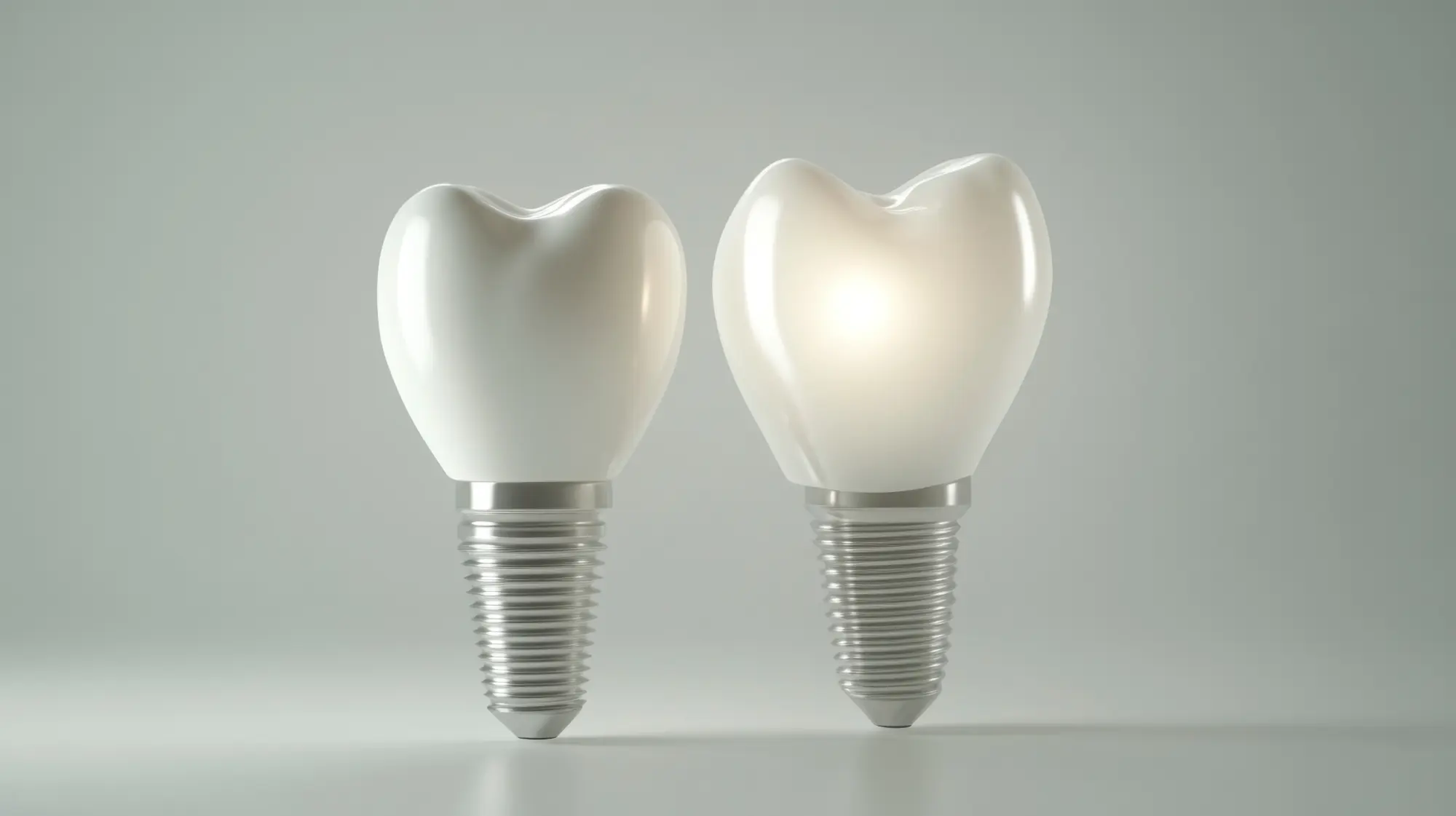
Tips for Easing TMJ Symptoms
Living with temporomandibular joint (TMJ) disorder can be a daily struggle, often accompanied by persistent discomfort and pain that can affect your quality of life. Fortunately, there are various strategies you can adopt to alleviate these symptoms and regain control over your well-being. Whether you're experiencing jaw pain, headaches, or difficulty chewing, understanding the root causes and implementing effective management techniques can make a significant difference. In this blog, we'll explore practical tips to help you manage TMJ symptoms and improve your daily comfort.
Understanding TMJ Disorder
TMJ disorder is a condition impacting the jaw joint and surrounding muscles, leading to pain and dysfunction. Recognizing the symptoms is crucial for timely intervention:
- Jaw pain or tenderness
- Difficulty chewing or discomfort while chewing
- Locking of the joint, making it hard to open or close your mouth
- Clicking or popping sounds in the jaw
Identifying these signs early can help you seek appropriate treatment and prevent further complications.
Home Remedies for TMJ Relief
There are several home remedies that can provide relief from TMJ symptoms without the need for medical intervention. Consider trying the following:
- Applying ice packs to reduce swelling and pain
- Practicing gentle jaw exercises to strengthen and relax muscles
- Using over-the-counter pain relievers for temporary relief
- Maintaining a soft diet to avoid overworking the jaw
These simple measures can often alleviate discomfort and improve joint function.
Professional Treatments for TMJ
When home remedies aren't enough, professional TMJ treatments may be necessary. Options include:
- Physical therapy to improve jaw mobility and strength
- Dental splints or mouthguards to prevent teeth grinding
- Medications prescribed by your healthcare provider
- Surgical interventions in severe cases
Consulting with a specialist can help you determine the best course of action for your specific condition.
Lifestyle Changes to Support TMJ Health
Long-term lifestyle adjustments can significantly impact TMJ health. Consider incorporating these changes into your routine:
- Reducing stress through relaxation techniques like yoga or meditation
- Improving posture to alleviate pressure on the jaw
- Avoiding excessive jaw movements, such as chewing gum
- Ensuring adequate sleep to support overall health
These modifications can enhance your overall quality of life and reduce TMJ-related discomfort.
How Diet Can Impact TMJ Symptoms
What you eat—and how you eat it—can play a major role in managing TMJ discomfort. Choosing soft, nutrient-rich foods helps reduce strain on your jaw while ensuring your body gets what it needs to heal. Try incorporating smoothies, steamed vegetables, lean proteins, and healthy fats into your meals. Avoid crunchy, chewy, or sticky foods that can worsen symptoms, such as raw carrots, bagels, or gum. Eating smaller bites and chewing slowly can also minimize joint stress and make mealtimes more comfortable. A jaw-friendly diet supports both short-term relief and long-term joint health.
Contact Fairfax Dental Esthetics for TMJ Relief in Fairfax, VA
If you're struggling with TMJ symptoms and seeking professional help, Dr. Sanae Berrada at Fairfax Dental Esthetics is ready to assist. Located in Fairfax, VA, our practice offers comprehensive evaluations and personalized treatment plans to address your unique needs. Don't let TMJ discomfort hold you back any longer—reach out to us today at (703) 279-3400 to schedule your appointment and take the first step towards a pain-free life.



















